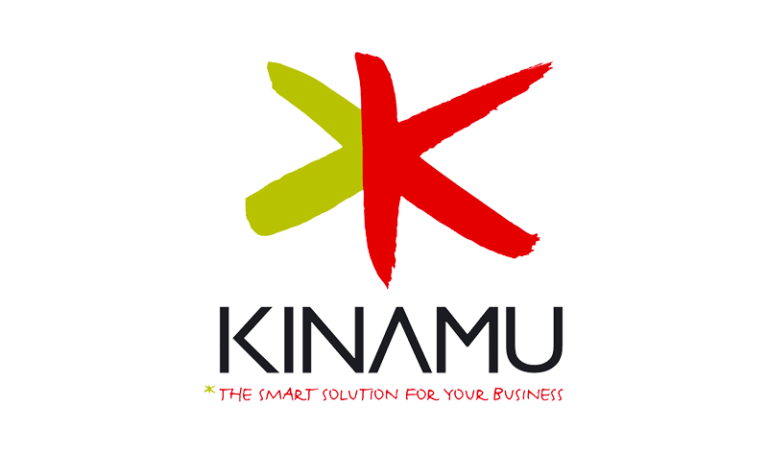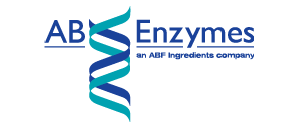AB Enzymes is a global biotech company in the enzyme manufacturing sector. As a subsidiary of Associated British Foods plc, it specializes in the production of high-quality, natural enzymes and their application. Since 1907, the company has been producing industrial enzymes for use in a wide range of partner products: textiles, cellulose and paper, animal feed, cleaning products, juices and wines, flour milling, pasta production, grain processing, and more.
The Challenges of Managing Master Data
As a global company with branches in Europe, North America, South America, Southeast Asia, and China, AB Enzymes faced several challenges when it came to regional collaboration. One area that was proving to be particularly problematic was master data management. With staff spread out across numerous subsidiaries and branches, it was difficult to create a streamlined, organization-wide process for managing customer data.
For years, demand planning had been based on shared Excel lists. This created a major disadvantage since the spreadsheet files could only be edited by one person at a time—and only limited validations could be performed within each file.
“In looking for a new solution, it was important to AB Enzymes that key account managers be able to not only see their data sets, but also have a high-level aggregated view of customer data”, explained Ida Matero – Project Manager at AB Enzymes.
When AB Enzymes decided it was time to move to a new solution, the primary goal was to gain ongoing data synchronization between the company’s new CRM and its enterprise resource planning software (ERP).
One benefit was that master data management for SAP ERP was already in place: regular customers already existed in the SAP ERP system, and important master data such as addresses, accounts receivable numbers, and terms of payment were maintained and managed there. It was therefore very important to synchronize not only the company master data, but also underlying value lists including currencies, units, terms of payment, terms of delivery, and more.
Making The Transition To Sugar
After considering several different options, AB Enzymes decided to partner with Sugar.
When adopting the new system in collaboration with implementation partner KINAMU, great importance was placed on creating sustainable, scalable processes. One that was especially important involved synchronizing data from Sugar to SAP ERP: As customer data is created for early-stage prospects, the information is automatically transferred to the ERP for validation and creation.
A well-coordinated plan, clean future-oriented data design, and onboarding were all essential elements of the project. From hands-on training sessions to strong integrations, the team was committed to taking all steps necessary to ensure a successful implementation.
Successfully Launching An All-New System
Together with KINAMU, AB Enzymes has successfully introduced a new CRM system with Sugar. Because users can now plan quickly and easily, the company has been able to increase efficiency and reduce the amount of time sales staff spends on administrative work. And since the data is already validated during input, errors are avoided.
In addition, Sugar’s reporting features allow users to easily evaluate important data, such as insights needed for demand planning and pipeline views. “Sugar empowers employees to retrieve all required data in real time and get a 360° view of customers” shares Ida Matero.
Overall, Sugar has allowed AB Enzymes to digitize and accelerate existing processes, making it easy to evaluate important metrics across various worldwide organizational units. Moving forward, the company plans to expand Sugar to additional branches and widen the scope of its ERP integrations.

AUTHORIZED PARTNER
KINAMU specializes in the integration of SAP ERP and SugarCRM, the transfer of legacy data and legacy systems, and the operation and hosting of the systems.


